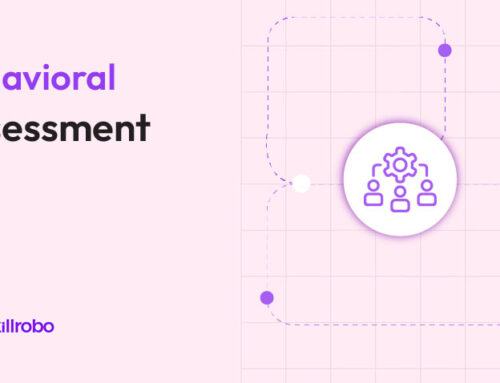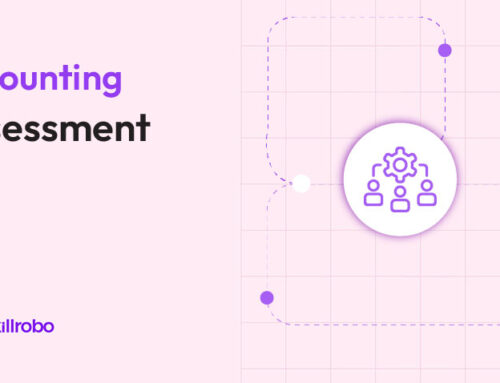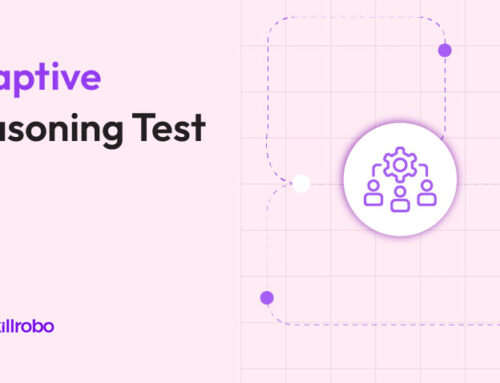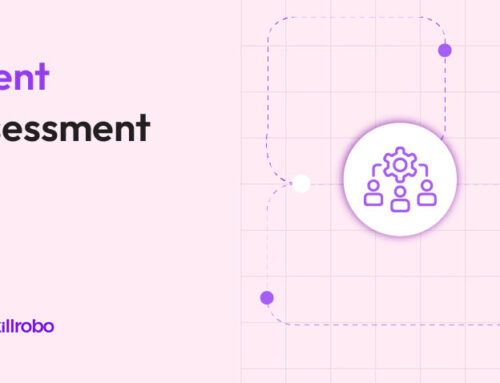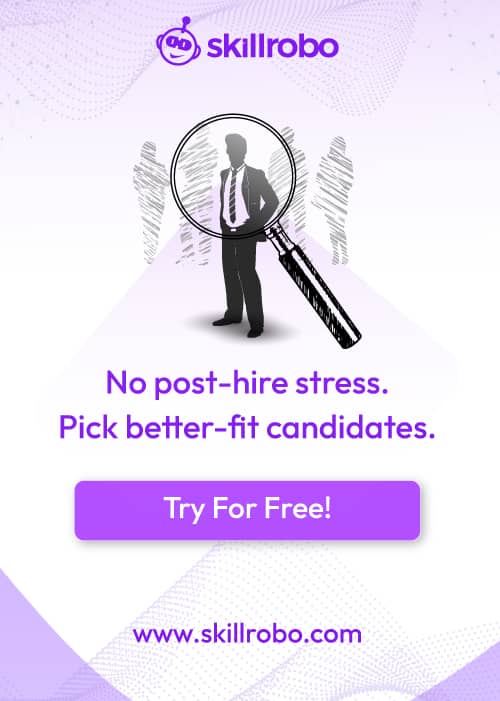Table of Contents
Related articles
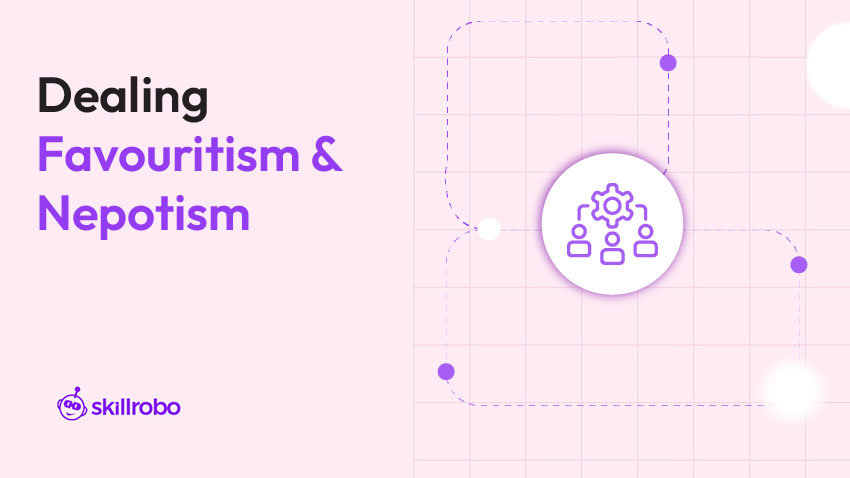
Key Takeaways
-
Favoritism and nepotism create resentment, reduce employee morale, and harm workplace productivity if left unaddressed.
-
Common signs include biased treatment, unjustified promotions, and leniency toward specific employees regardless of performance.
-
Employees should raise concerns to HR or leadership rather than venting or tolerating biased behavior.
-
HR must investigate bias claims, foster professionalism, and ensure open communication channels to report unfair practices.
When Workplace Favoritism Undermines Your Hard Work
Ever feel like the “boss’s pet” is always someone else? You’ve outperformed, met every deadline, and gone above and beyond—yet your boss consistently favors a colleague. If that sounds familiar, you’re not alone. Few things are more demoralizing than watching merit take a back seat to favoritism. Nepotism and biased treatment are everyday realities in many workplaces, quietly damaging morale and productivity. In this blog, we explore how to recognize, address, and prevent favoritism and nepotism at work, so your efforts never go unnoticed.
Common Workplace Scenarios
Workplaces are filled with people of all types and flavors. The condescending one, the hard-to-please one, the nit-picker, the easy-going one, the bossy one, the finicky one – there is no dearth of the types of people we encounter at workplaces. Just as we learn job-related skills, we need to learn ways to work with different types of people in the workplace.
However, dealing with favoritism in the workplace is a challenging proposition for employees. What is favoritism? favoritism at the workplace is a situation where someone in a leadership position demonstrates favor towards one employee over others.
In a majority of cases, bosses pick an employee as their favorite. The reason for choosing this employee as their favorite is often outside of job performance. Often, favoritism at the workplace develops when the boss and the employee have developed a friendship or relationship outside the workplace. Nepotism is a type of favoritism in the workplace.
The word nepotism is derived from the Italian word “nipote”, meaning nephew. Nepotism is favoritism shown to family members who are part of the workforce. In a work situation, sometimes family members may be hired. Inadvertently, favoritism is shown towards family members. Continued nepotism in the workplace results in decreased motivation and productivity of employees.
How to Recognize Favoritism in the Workplace?
How does one recognize that favoritism exists at their workplace? Here are a few telltale signs of favoritism at the workplace:
- The favored employee receives undue privileges at work
- The favored employees may receive more advanced projects beyond their capabilities
- The favored employee receives very mild or no repercussions for inability to meet deadlines or tardiness at work
Nepotism, being a type of favoritism, also has very similar tell-tale signs at the workplace. There are several disadvantages of favoritism in the workplace.
- Increases feelings of resentment
- Demotivates employees and decreases productivity
- Loss of respect for superiors and company leadership
- High attrition rates
- Diminished career progress
How to Address Favoritism in the Workplace?
The HR of a company is responsible for keeping employees at the organization motivated and productive. Allowing favoritism at the workplace to go unchecked adversely affects employee morale. When employees complain about favoritism, HR should first ascertain if it is favoritism. A review of work ethic and performance details about the favored employee is the first step to determining if favoritism is present. How to deal with favoritism at work?
Here are effective ways employees can deal with nepotism or favoritism at work:
- Talk directly to HR: When you notice favoritism or nepotism at the workplace, you should first report it to HR. An honest discussion with HR will ensure that the issue is addressed immediately.
- Report it to the leadership: it is better to keep the leadership informed about the bias meted out to the favored employee.
- Do not vent it on other employees: witnessing favoritism or being a victim of nepotism can be a frustrating experience for employees. One should refrain from discussing it or venting about it to fellow employees.
- Be vocal about it: rather than putting up with favoritism at work, employees must express their dissatisfaction to the concerned authority.
Addressing favoritism in the workplace requires the combined effort of HR, leadership, and employees. HR can take some steps to curb favoritism in the workplace by taking the following measures:
- Foster professionalism: favoritism or nepotism is basically unprofessional behavior. One of the effective ways to prevent favoritism is to foster professionalism across the organization. Create and maintain a professional environment that actively discourages any kind of unfair treatment.
- Educate and train managers: Educate and train managers to recognize and avoid favoritism. Training employees and managers on how to handle an employee who undermines them, how to deal with an idiot co-worker, or how to handle a biased boss is an important HR mandate. If employees are made aware of how to recognize favoritism, they are in a better position to handle it.
- Facilitate communication: HR must ensure that clear communication channels are established for each employee to report any unfair or unprofessional incidents at work.
- Investigate the root cause: HR must get to the bottom of incidents of favoritism or nepotism. It can be a very delicate situation, but it is important to get to the bottom of it to avoid irreparable damage to an employee’s career and the company’s reputation.
HR plays a key role in preventing and addressing nepotism or favoritism in the workplace. The combined effort of HR, leadership, and employees can curb and prevent favoritism in the workplace.
How do Skill Assessment Tests Help Prevent Favoritism
Discrimination in the workplace is present in organizations of any size and type. The best way to avoid unprofessional behaviors like favoritism or nepotism is to nip them in the bud. Taking care of it during the recruitment stage itself by adopting a standardized recruitment process is much better than handling discrimination or bias in the workplace.
Irrespective of the role for which you are hiring, skill assessments must include personality traits and behavioral tendency evaluation. Skillrobo is a cloud-based candidate assessment software that facilitates the comprehensive evaluation of job-related skills, personality traits, cognitive ability, and reasoning ability of the candidate.
Personality tests and behavioral tendency evaluations throw light on a candidate’s demeanor. Candidates who score high on these tests are bound to have a personality that fits well into the workplace. Whether the candidate possesses decision-making skills, attention to detail, compassion, patience, integrity, and logical and analytical reasoning ability can be deciphered from the results of the personality evaluation.
Customized psychometric tests reveal the personality attributes and cognitive abilities of the candidate. Standardizing the candidate evaluation process by implementing scientific tests like psychometry and cognitive ability helps recruiters determine the candidate’s professionalism levels and behavioral tendencies. Skillrobo provides a complete picture of the candidate’s skills and competencies, and behavioral tendencies. The skill library in Skillrobo can be customized as per several skill sets of candidates from various industries.
Conclusion
Handling favoritism or nepotism at the workplace is important to ensure that employee morale is not adversely affected. Unchecked favoritism at the workplace demotivates employees and eventually brings down productivity. Employees should be vocal about incidents at the workplace.
HR needs to validate the situation and ensure that the issue is addressed immediately. A standardized hiring process that includes psychometric and personality assessments ensures that employees with unprofessional demeanor are not hired. Skillrobo is an online HR management skill assessment software that ensures comprehensive skill and behavioral tendency evaluation.
To explore Skillrobo, sign up for the free trial today.
Related Blogs: How HR and Management Skills Assessment Tests Help to Find the Perfect Fit

Key Takeaways
-
Favoritism and nepotism create resentment, reduce employee morale, and harm workplace productivity if left unaddressed.
-
Common signs include biased treatment, unjustified promotions, and leniency toward specific employees regardless of performance.
-
Employees should raise concerns to HR or leadership rather than venting or tolerating biased behavior.
-
HR must investigate bias claims, foster professionalism, and ensure open communication channels to report unfair practices.
When Workplace Favoritism Undermines Your Hard Work
Ever feel like the “boss’s pet” is always someone else? You’ve outperformed, met every deadline, and gone above and beyond—yet your boss consistently favors a colleague. If that sounds familiar, you’re not alone. Few things are more demoralizing than watching merit take a back seat to favoritism. Nepotism and biased treatment are everyday realities in many workplaces, quietly damaging morale and productivity. In this blog, we explore how to recognize, address, and prevent favoritism and nepotism at work, so your efforts never go unnoticed.
Common Workplace Scenarios
Workplaces are filled with people of all types and flavors. The condescending one, the hard-to-please one, the nit-picker, the easy-going one, the bossy one, the finicky one – there is no dearth of the types of people we encounter at workplaces. Just as we learn job-related skills, we need to learn ways to work with different types of people in the workplace.
However, dealing with favoritism in the workplace is a challenging proposition for employees. What is favoritism? favoritism at the workplace is a situation where someone in a leadership position demonstrates favor towards one employee over others.
In a majority of cases, bosses pick an employee as their favorite. The reason for choosing this employee as their favorite is often outside of job performance. Often, favoritism at the workplace develops when the boss and the employee have developed a friendship or relationship outside the workplace. Nepotism is a type of favoritism in the workplace.
The word nepotism is derived from the Italian word “nipote”, meaning nephew. Nepotism is favoritism shown to family members who are part of the workforce. In a work situation, sometimes family members may be hired. Inadvertently, favoritism is shown towards family members. Continued nepotism in the workplace results in decreased motivation and productivity of employees.
How to Recognize Favoritism in the Workplace?
How does one recognize that favoritism exists at their workplace? Here are a few telltale signs of favoritism at the workplace:
- The favored employee receives undue privileges at work
- The favored employees may receive more advanced projects beyond their capabilities
- The favored employee receives very mild or no repercussions for inability to meet deadlines or tardiness at work
Nepotism, being a type of favoritism, also has very similar tell-tale signs at the workplace. There are several disadvantages of favoritism in the workplace.
- Increases feelings of resentment
- Demotivates employees and decreases productivity
- Loss of respect for superiors and company leadership
- High attrition rates
- Diminished career progress
How to Address Favoritism in the Workplace?
The HR of a company is responsible for keeping employees at the organization motivated and productive. Allowing favoritism at the workplace to go unchecked adversely affects employee morale. When employees complain about favoritism, HR should first ascertain if it is favoritism. A review of work ethic and performance details about the favored employee is the first step to determining if favoritism is present. How to deal with favoritism at work?
Here are effective ways employees can deal with nepotism or favoritism at work:
- Talk directly to HR: When you notice favoritism or nepotism at the workplace, you should first report it to HR. An honest discussion with HR will ensure that the issue is addressed immediately.
- Report it to the leadership: it is better to keep the leadership informed about the bias meted out to the favored employee.
- Do not vent it on other employees: witnessing favoritism or being a victim of nepotism can be a frustrating experience for employees. One should refrain from discussing it or venting about it to fellow employees.
- Be vocal about it: rather than putting up with favoritism at work, employees must express their dissatisfaction to the concerned authority.
Addressing favoritism in the workplace requires the combined effort of HR, leadership, and employees. HR can take some steps to curb favoritism in the workplace by taking the following measures:
- Foster professionalism: favoritism or nepotism is basically unprofessional behavior. One of the effective ways to prevent favoritism is to foster professionalism across the organization. Create and maintain a professional environment that actively discourages any kind of unfair treatment.
- Educate and train managers: Educate and train managers to recognize and avoid favoritism. Training employees and managers on how to handle an employee who undermines them, how to deal with an idiot co-worker, or how to handle a biased boss is an important HR mandate. If employees are made aware of how to recognize favoritism, they are in a better position to handle it.
- Facilitate communication: HR must ensure that clear communication channels are established for each employee to report any unfair or unprofessional incidents at work.
- Investigate the root cause: HR must get to the bottom of incidents of favoritism or nepotism. It can be a very delicate situation, but it is important to get to the bottom of it to avoid irreparable damage to an employee’s career and the company’s reputation.
HR plays a key role in preventing and addressing nepotism or favoritism in the workplace. The combined effort of HR, leadership, and employees can curb and prevent favoritism in the workplace.
How do Skill Assessment Tests Help Prevent Favoritism
Discrimination in the workplace is present in organizations of any size and type. The best way to avoid unprofessional behaviors like favoritism or nepotism is to nip them in the bud. Taking care of it during the recruitment stage itself by adopting a standardized recruitment process is much better than handling discrimination or bias in the workplace.
Irrespective of the role for which you are hiring, skill assessments must include personality traits and behavioral tendency evaluation. Skillrobo is a cloud-based candidate assessment software that facilitates the comprehensive evaluation of job-related skills, personality traits, cognitive ability, and reasoning ability of the candidate.
Personality tests and behavioral tendency evaluations throw light on a candidate’s demeanor. Candidates who score high on these tests are bound to have a personality that fits well into the workplace. Whether the candidate possesses decision-making skills, attention to detail, compassion, patience, integrity, and logical and analytical reasoning ability can be deciphered from the results of the personality evaluation.
Customized psychometric tests reveal the personality attributes and cognitive abilities of the candidate. Standardizing the candidate evaluation process by implementing scientific tests like psychometry and cognitive ability helps recruiters determine the candidate’s professionalism levels and behavioral tendencies. Skillrobo provides a complete picture of the candidate’s skills and competencies, and behavioral tendencies. The skill library in Skillrobo can be customized as per several skill sets of candidates from various industries.
Conclusion
Handling favoritism or nepotism at the workplace is important to ensure that employee morale is not adversely affected. Unchecked favoritism at the workplace demotivates employees and eventually brings down productivity. Employees should be vocal about incidents at the workplace.
HR needs to validate the situation and ensure that the issue is addressed immediately. A standardized hiring process that includes psychometric and personality assessments ensures that employees with unprofessional demeanor are not hired. Skillrobo is an online HR management skill assessment software that ensures comprehensive skill and behavioral tendency evaluation.
To explore Skillrobo, sign up for the free trial today.
Related Blogs: How HR and Management Skills Assessment Tests Help to Find the Perfect Fit




